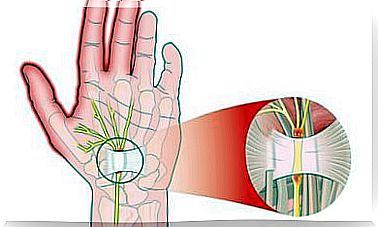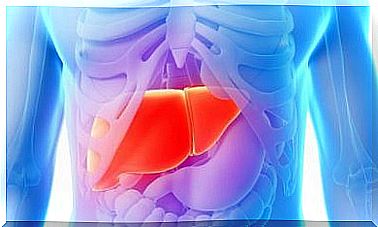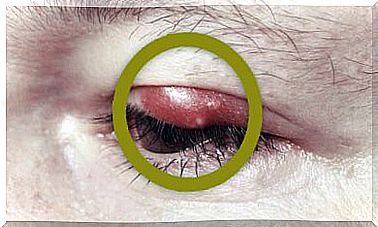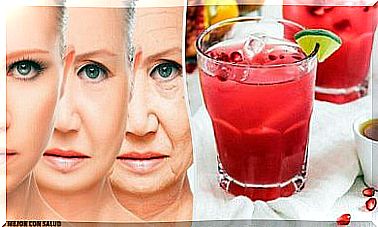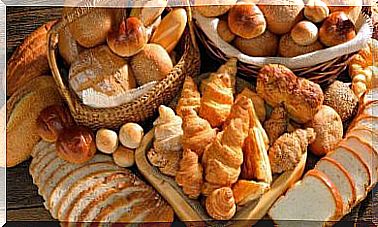Daily Diet For Crohn’s Disease
Crohn’s disease is a chronic inflammatory disease that progresses in phases. Since dairy products and stress promote this disease, you should try to avoid both.
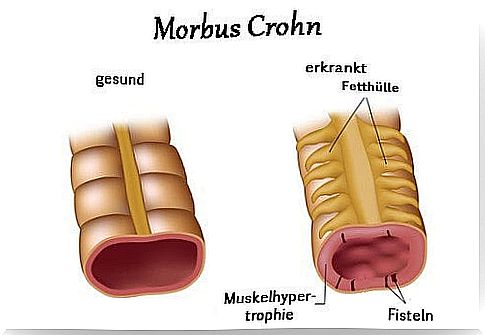
Crohn’s disease is an inflammatory bowel disorder that is chronic and intermittent.
There are always more intense and less intense attacks, which is why this disease changes the lives of those affected very strongly.
The cause is mostly genetic, at the same time this disease is attributed to microbacteria or viruses that prevent the organism from functioning properly.
In addition, factors such as anxiety, stress or an unhealthy lifestyle play an important role and can seriously worsen the state of health.
Is There An Adequate Treatment For Crohn’s Disease ? There is still no cure for this condition, but various treatments can improve the quality of life for patients.
Antibiotics and corticosteroids are usually prescribed, and sooner or later many patients have an operation to remove diseased parts of the intestine.
In addition to the medically prescribed treatments, adequate nutrition is essential. Therefore, in this post we will go into more detail about the right diet for Crohn’s disease. We hope this is helpful for those affected.
1. Preliminary note on diet for Crohn’s disease
Doctors usually point out that there is no special diet for Crohn’s disease or ulcerative colitis that works equally well for all those affected.
Every person is different and the clinical picture also varies. Therefore, every person affected has to find out for themselves in everyday life what works best for them. The following aspects should be taken into account:
- In some parts of the year the disease is not as intense, the symptoms are alleviated and those affected can consume more food without this having negative effects. But if the pain, swelling or diarrhea recurs, then your diet must also be changed.
- Observe your body, be aware of how you react to the different foods. Sometimes, for example, you can get rice for breakfast, on other days you cannot tolerate it at all.
You think the grain is to blame and you eliminate it from your diet. However, you should also note which spices you used to prepare the rice. Some spices or colorings can cause severe irritation.
- If you have Crohn’s disease, the intolerance to a food usually occurs half an hour to two hours after consuming it. As soon as the food arrives in the intestine, it reacts immediately.
- It is advisable to consume small amounts, but more often over the day. So you should avoid lavish and fully loaded plates. The reaction in the intestine is less or not noticeable when smaller portions are eaten.
- It is also important to chew the food well and rest for half an hour to an hour after eating.
Also, try to keep stress levels within limits and not overwork. You should lead a quiet life!
2. Diet in Crohn’s Disease
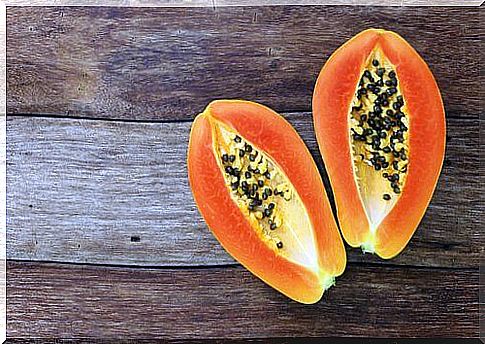
beverages
- You should avoid tea and coffee as these can irritate the intestines.
- You should also avoid strong alcoholic drinks.
- Don’t forget to drink water regularly, in small amounts throughout the day.
- Chamomile tea can be very helpful as it is anti-inflammatory and relaxing.
- Mint tea can also bring great relief.
- Pineapple juice can help you digest food better.
Note the daily dose of calcium and proteins
Because of the inflammation, diarrhea, and other immune problems caused by Crohn’s disease, it’s important to get adequate calcium and protein.
Note the following recommendations:
- Dairy products are usually not well tolerated in this disease because they promote inflammation. It is therefore advisable to replace this with calcium-fortified rice milk.
- Try tofu as well and see how your body reacts to it. If you tolerate tofu well, you should incorporate it into your diet regularly, as it is rich in calcium and vegetable proteins.
- You can also try ham. It contains protein, but not as much fat as red meat. You need good sources of protein, so try lean meats like chicken or turkey, but never deep-fried!
- Chicken eggs are also highly recommended.
- Tuna, mackerel and sardines are also excellent and very healthy sources of protein, which are usually well tolerated.
fruit
- Try quinces,
- Apples (fried apples or jam, but without sugar! ),
- Pears,
- Papaya and
- Bananas (see if these are good for you).
Vegetables that you could use
- Asparagus,
- Endive,
- Sweet potatoes,
- Cucumbers,
- Carrots,
- cooked potatoes,
- Celery,
- Artichokes and
- Eggplant.
Vitamin supplements that can be helpful
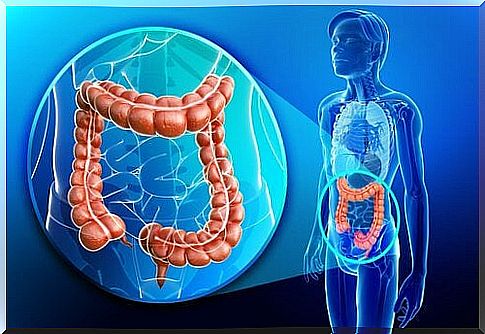
Patients with Crohn’s disease are very often weakened in certain parts of the year because they suffer from infections and intestinal disorders. It is therefore important to provide the organism with sufficient minerals and vitamins.
It is recommended (always after consultation with the attending physician) to take the following food supplements, which are available in pharmacies:
- Folic acid
- zinc
- Evening primrose oil and linseed oil (source of natural minerals).
What to Avoid
- Legumes that are high in soluble fiber.
- Grain bran, as this can cause irritation.
- You should also avoid sweets.
- Avoid spicy dishes.



